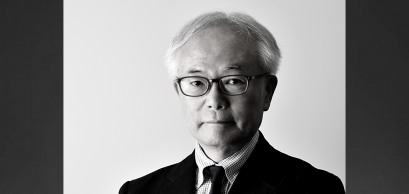Japan After Shinzo Abe: What Diplomatic Legacy? Videoconference

Shinzo Abe suddenly resigned on August 28th, a few days after he broke the record as Japan’s longest-serving Prime Minister. Restoring stability to government, Mr. Abe pledged to bring Japan back onto the international chessboard, animated by a grand vision for his country. He initiated major economic reforms through his Abenomics program and passed important laws to normalize Japan’s defense posture. Shinzo Abe is not a consensual figure, but while his domestic legacy is being debated, his diplomatic achievements have been widely praised. Japan’s proactive commitment to salvage the Trans-Pacific Partnership, its conclusion of the EU-Japan Economic and Strategic partnerships and the launching of the Free and Open Indo-Pacific strategy may be the most prominent in a long list. Previously perceived as a declining country, Japan is now seen as a major strategic partner for Europe in an era of Sino-American rivalry. What is Shinzo Abe’s legacy in term of foreign policy? Where is Japan heading to in the post-Abe era? What are the main challenges ahead in terms of foreign and security policy?
Tomohiko TANIGUCHI, PhD, is a Professor at Keio University Graduate School of System Design and Management and a Former Special Adviser to Prime Minister Shinzo Abe’s Cabinet. He was awarded a LL.B. from the University of Tokyo. In 2005, he joined the Ministry of Foreign Affairs as Deputy Press Secretary. He spent the next three years writing speeches for then Foreign Minister Taro Aso. Since January 2013, he has been Prime Minister Abe’s primary foreign policy speech writer. Previously, he was a journalist for 20 years, during which he spent a stint in London, 1997-2000. In 1999, the Foreign Press Association in London elected him President, the first from Asia.
Chair: Thomas GOMART, Director of Ifri.
Discussant: Céline PAJON, Head of Japan Research at Ifri’s Center for Asian Studies.
This debate is by invitation only. It will be conducted in English.
